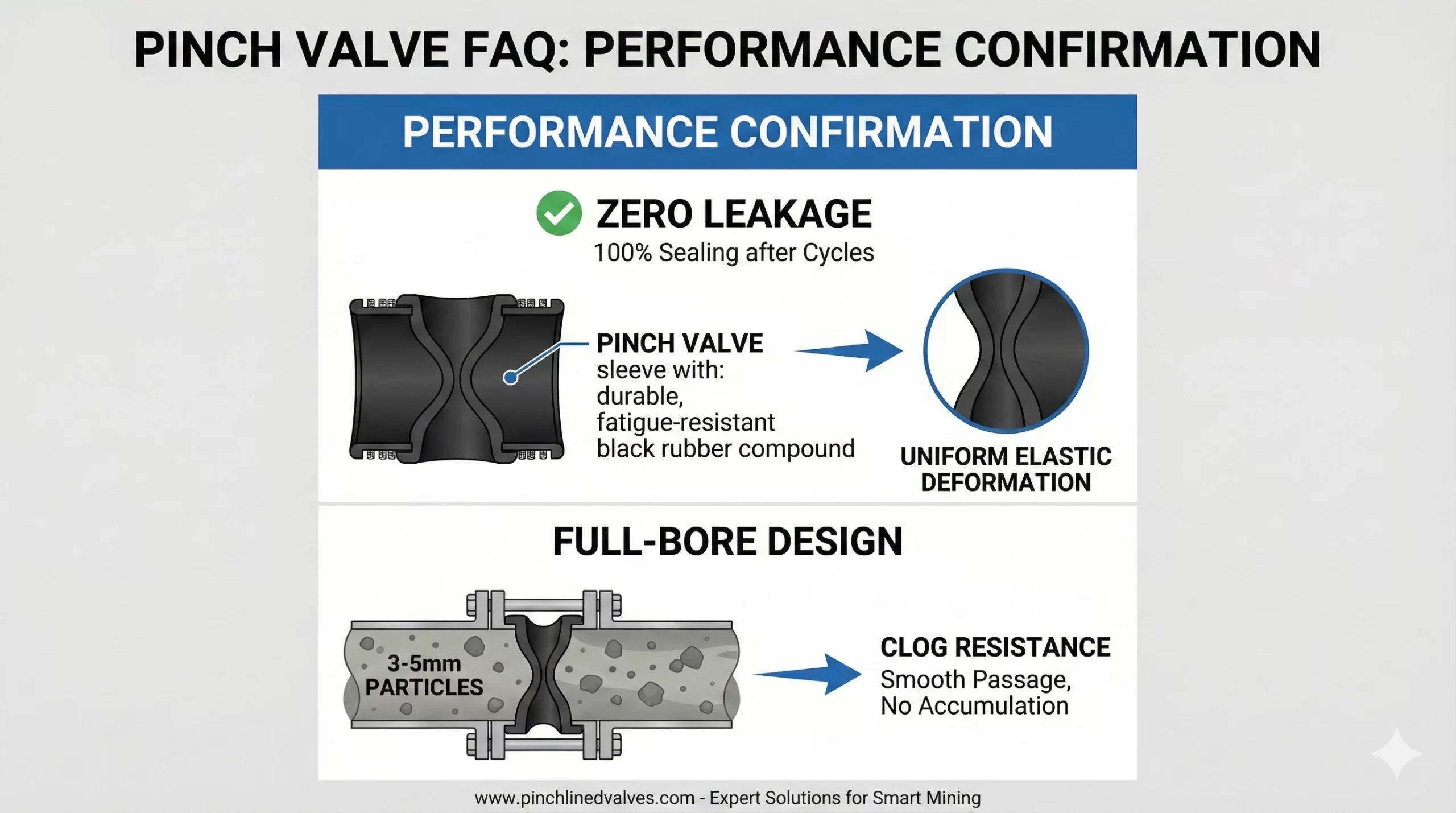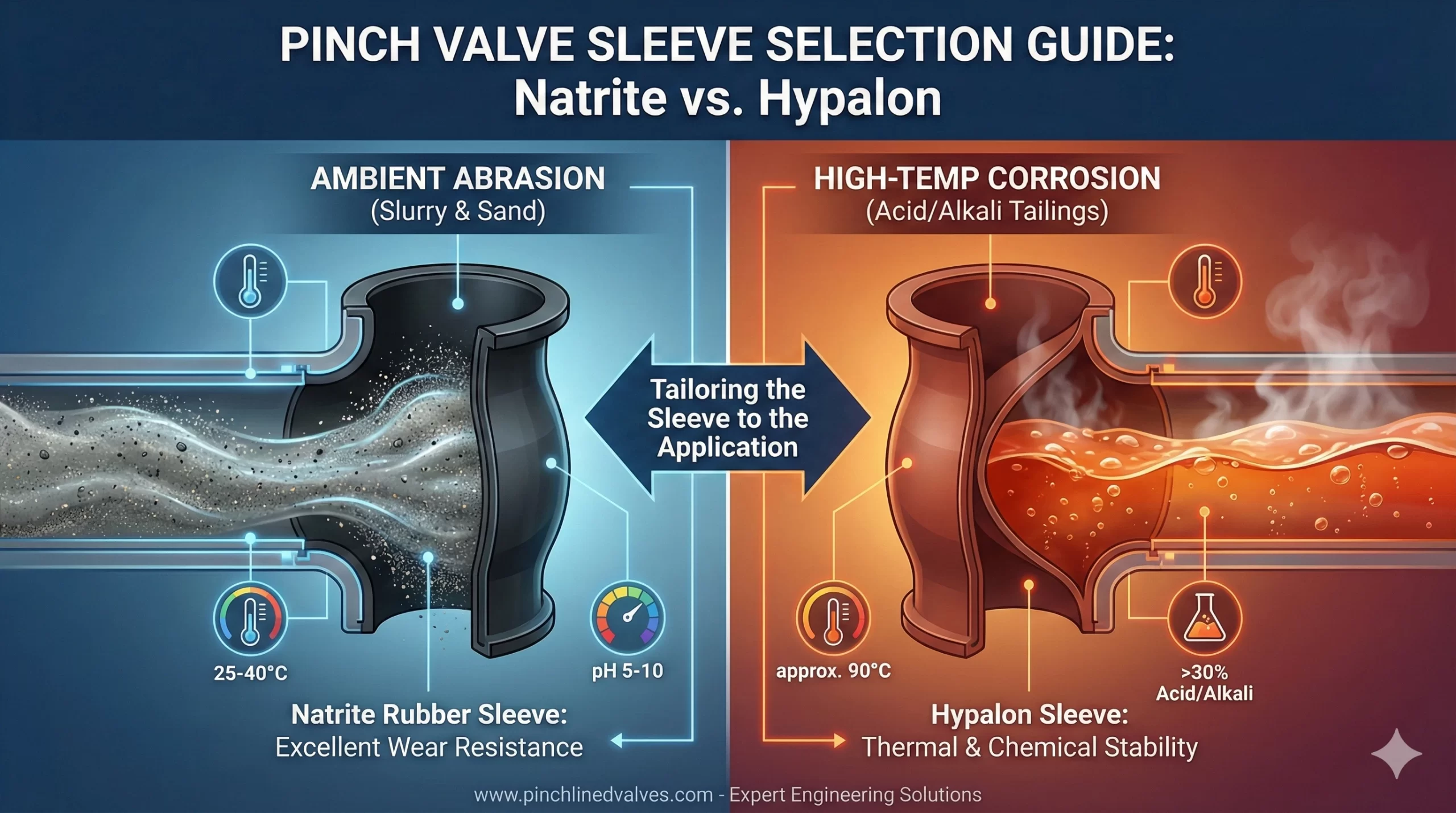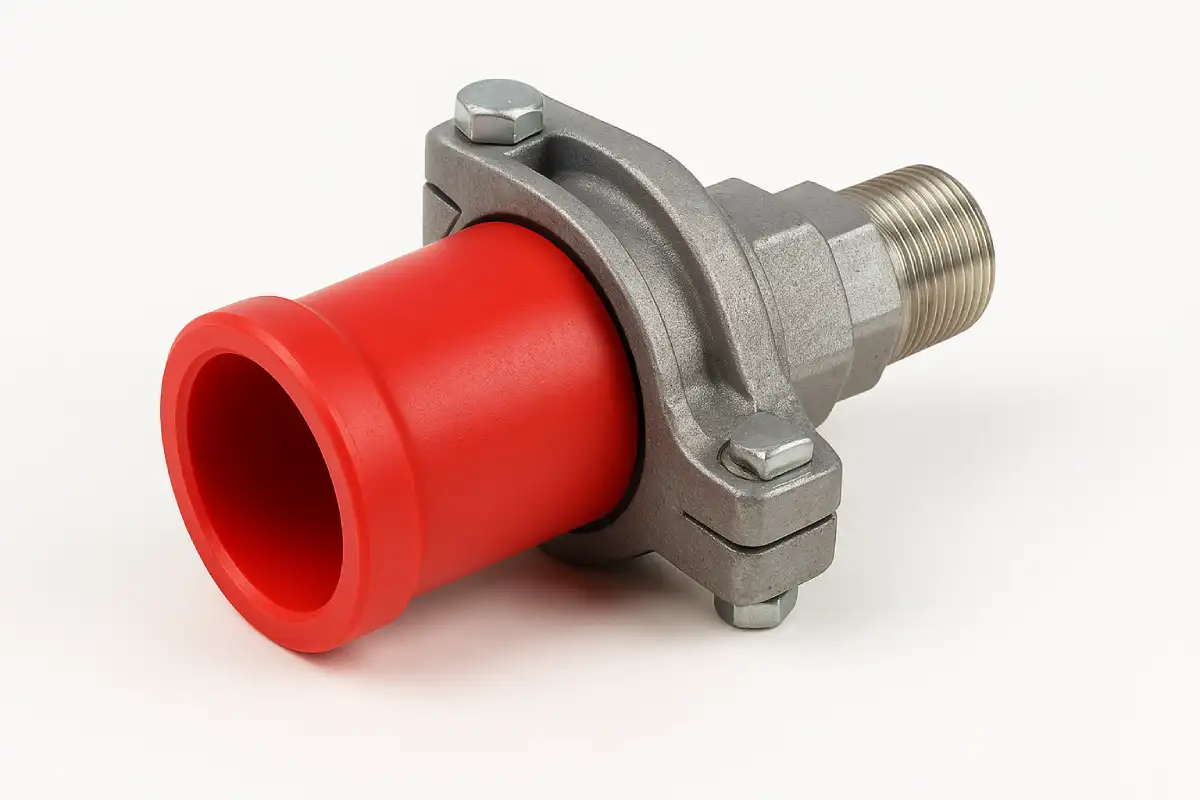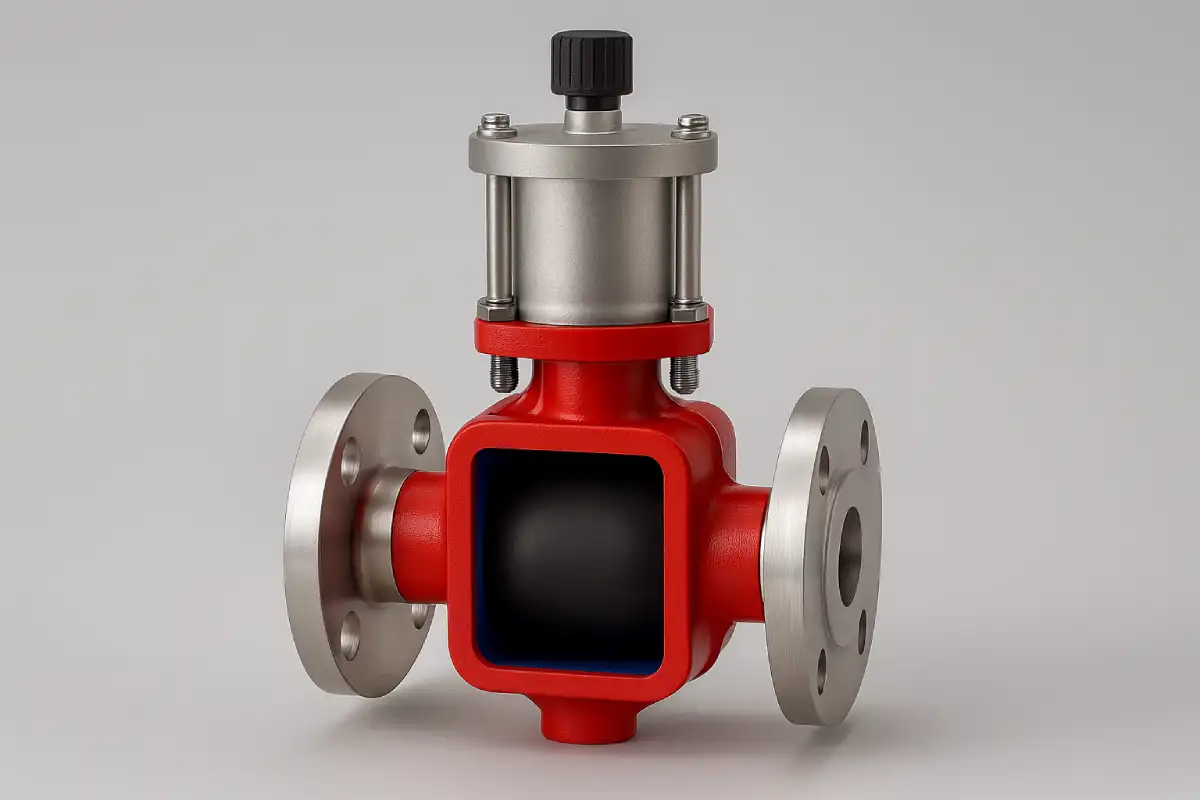

Фильтр AY — одно из самых простых, но эффективных устройств для защиты насосов и клапанов в трубопроводах ваших систем.
Несмотря на то, что он кажется небольшим по размеру, он играет важную роль в улавливании мусора, прежде чем он повредит ваш трубопроводная система. Давайте разберем, как Y-образный фильтр защищает насосы и клапаны, а также получим другую важную информацию, которая поможет вам выбрать правильный фильтр.
А Y-образный фильтр — это устройство в форме буквы “Y”, которое улавливает и фильтрует различные виды нежелательных частиц (например, чешуйки ржавчины, металлическую стружку, песок, гравий или грязь) из жидкостей или газов в трубопроводе.
Попадая в трубопровод, частицы могут вызвать повреждения, такие как эрозия, засорение или даже нарушение герметичности. Фильтр типа AY действует как сепаратор, предотвращая попадание частиц в жизненно важные компоненты, такие как насосы и клапаны, и повреждение их.
Жидкости, протекающие через корпус фильтра, проходят через сетчатый фильтр. Твёрдые частицы задерживаются, а чистая жидкость продолжает течь дальше по потоку. Это может помочь:
Правильный выбор размера ячеек фильтра на линейный дюйм критически важен для обеспечения более эффективной фильтрации. Более мелкие ячейки подходят для крупного мусора, а более крупные — для улавливания мелких частиц, обеспечивая лучшую защиту.
| Размер ячейки | Удержание частиц | Распространенные приложения | Примечания |
| 20-40 | Крупный мусор (трубная окалина, крупный песок) | Водопроводы общего назначения | Меньше вероятность засорения, что означает меньшие затраты на обслуживание |
| 60-100 | Средний размер мусора (мелкий песок, гравий) | Химические, нефтяные, промышленные линии, переработка жидкостей | Может засориться, если в жидкости содержится большое количество мусора. Требуется регулярное обслуживание. |
| 150-300+ | Мелкий мусор (мелкий осадок, ил) | Высокоточные или чувствительные системы | Наиболее подвержены засорению, поэтому нуждаются в регулярной очистке и обслуживании. |
При выборе размера ячеек всегда учитывайте область применения и тип жидкости.
Если стандартные модели не соответствуют потребностям вашей системы, самое время рассмотреть индивидуальные решения. Это позволит вам соответствовать определенным требованиям, таким как давление, расход и температура.
Настройка также может позволить вам скорректировать ключевые факторы дизайна, такие как:
К распространенным материалам относятся нержавеющая сталь, углеродистая сталь и железо, выбор которых зависит от совместимости с жидкостью.
Вы можете установить манометр до и после него. Если давление падает, это признак того, что он засорён, и его пора прочистить.
Да. Их можно чистить, собирать и использовать повторно много раз.
Фильтр AY служит защитным механизмом, предохраняя ваши трубопроводы от мусора, который может привести к повреждению. Это небольшая инвестиция, которая окупается, обеспечивая эффективность потока и длительный срок службы оборудования.
Наша компания LIANKE поставляет прочное и надежное оборудование, такое как Y-образные фильтры, для поддержания эффективности ваших систем. Обратитесь к нашим экспертам сегодня для получения дополнительной информации или расчета стоимости вашего следующего проекта.

Question 3:Performance Confirmation:Your documentation mentions “zero leakage” and “clog resistance.” We would like to confirm: After long-term operation, will repeated compression cycles cause sleeve fatigue leading to sealing failure? Is the full-bore design truly effective for slurries with larger particles (e.g., 3-5mm)? Answer 3:Confirmation of “Zero Leakage” and “Clog Resistance” Performance (1)Zero Leakage Reliability: Our […]

Material Selection:We are dealing with different working conditions: (1)Question1: Condition A: Ambient temperature (approx. 25-40°C) slurry containing fine sand, where wear resistance is the primary consideration, with weakly corrosive media (pH 5-10). Answer1:(ambient temperature, fine sand, low concentration corrosion, high wear resistance): Preferred recommendation: Natrite Rubber sleeve. Reason: The core advantage of Natrite Rubber lies in its […]

A pinch valve adapter connects a pneumatic pinch valve or manual valve to pipes, tubes, or other parts of a system. With this connector, the valve can manage liquid or gas flow without leaks or strain. It also lets the valve fit in tight or unusual setups. This reduces operational risks and improves overall performance. […]

Yes, they are. Hygienic pinch valves are specially designed to keep things clean and safe, which is why they’re so common in food, pharmaceutical, and biotech environments. Their smooth interior and dead-zone-free design make cleaning quick and reliable. And if the term is new to you, don’t worry, this article will walk you through what […]



